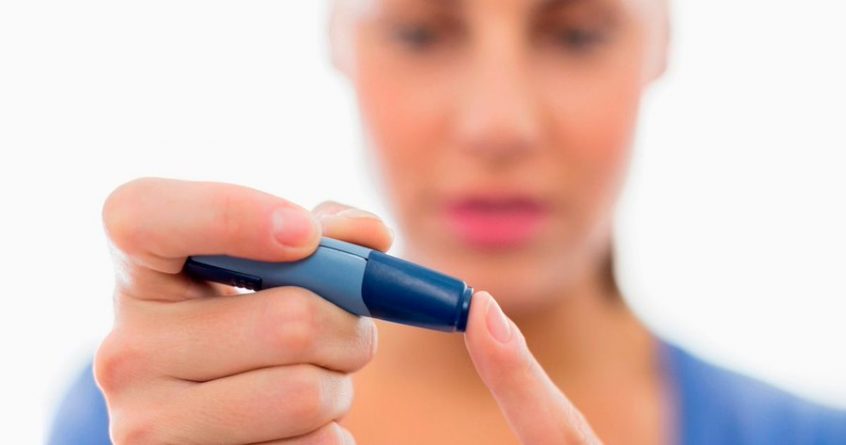Diabetes comes with all kinds of challenges and complications. It puts you more at risk of early heart disease, and in people with Type 1, that is brought on by inherited genetic errors. But when did these disturbances start? And could we head off the cardiac consequences?
Well, recent research shows even before diabetes is diagnosed, when people are prediabetic, they may have features of premature heart disease.
If we could track these early markers for heart issues, we could ensure patients get treated to slow down, or even halt, cardiovascular problems. And that could be before or as soon as they’re diagnosed with type 1 diabetes.
Research shows that tiny pieces of genetic material, called miR-424-5p, can act as a biomarker in the early stages of heart disease.
Dr Jolanta Weaver, from Newcastle University’s Faculty of Medical Sciences, said: “We were surprised that early heart disease could be starting in the prediabetes stage before a diagnosis of type 1 is made.
“Large clinical trials have shown that people with type 1 diabetes have their life expectancy shortened by 13 years due to cardiovascular problems, so there is a need to address this issue as soon as possible.
“Our data shows that miR-424-5p can be used as a biomarker for early heart disease and this has the potential to define additional therapeutic options to help patients with type 1 diabetes.
“This is an exciting step forward in the understanding of the development of heart disease in patients with type1 diabetes and patients should be pleased to see the active research in this area.”
This is important to the almost five million people in the UK who are living with diabetes, of which 500,000 have type 1, when the pancreas doesn’t produce enough insulin, or when it can’t produce any at all, leading to dangerously high blood sugar levels.
In patients with well-controlled type 1 diabetes, the scientists analysed three metabolic faults – inflammation, miR-424-5p, and vascular stem cells in the blood, and compared data to a healthy control group.
The findings revealed that even when well managed, in type 1, there’s significant inflammation, reduced vascular stem cells, increased levels of miR-424-5p and other features of premature heart disease.
Currently, if a type 1 diabetic patient is at risk of heart disease they’re treated with statins and blood pressure tablets to lower their risk, but rarely when first diagnosed.
Dr Weaver added: “Our data offers the chance to find new ways to
impact on the development of heart disease before it becomes too late for the patient.
“The sooner we can act to address cardiovascular disease the better the quality of life for those affected.”

